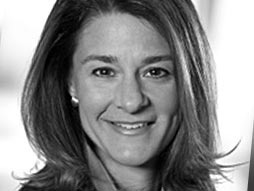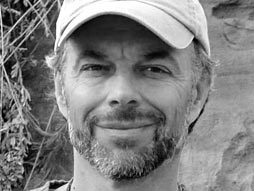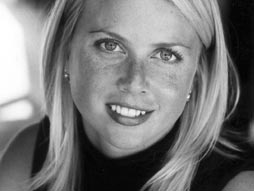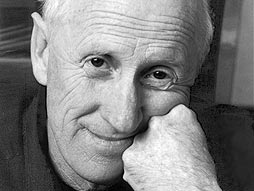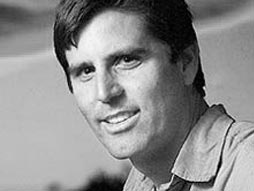It's been 25 years since the first PC virus (Brain A) hit the net, and what was once an annoyance has become a sophisticated tool for crime and espionage. Computer security expert Mikko Hyppönen tells us how we can stop these new viruses from threatening the internet as we know it.
Speakers Mikko Hypponen: Cybersecurity expert

As computer access expands, Mikko Hypponen asks: What's the next killer virus, and will the world be able to cope with it?
Why you should listen to him:
The chief research officer at F-Secure Corporation in Finland, Mikko Hypponen has led his team through some of the largest computer virus outbreaks in history. His team took down the world-wide network used by the Sobig.F worm. He was the first to warn the world about the Sasser outbreak, and he has done classified briefings on the operation of the Stuxnet worm -- a hugely complex worm designed to sabotage Iranian nuclear enrichment facilities.
As a few hundred million more Internet users join the web from India and China and elsewhere, and as governments and corporations become more sophisticated at using viruses as weapons, Hypponen asks, what's next? Who will be at the front defending the world’s networks from malicious software? His work offers a peek into the post-Stuxnet future.
He says: "It's more than unsettling to realize there are large companies out there developing backdoors, exploits and trojans."
Read his open-season Q&A on Reddit:"My TEDTalk was just posted. Ask me anything." >>
"Hypponen believes that malware attacks will increasingly be directed at social networks."The Inquirer





